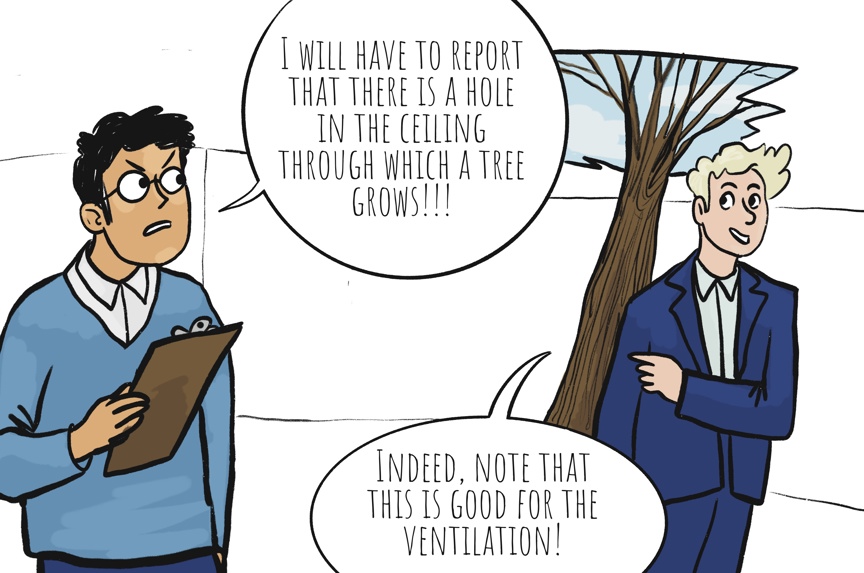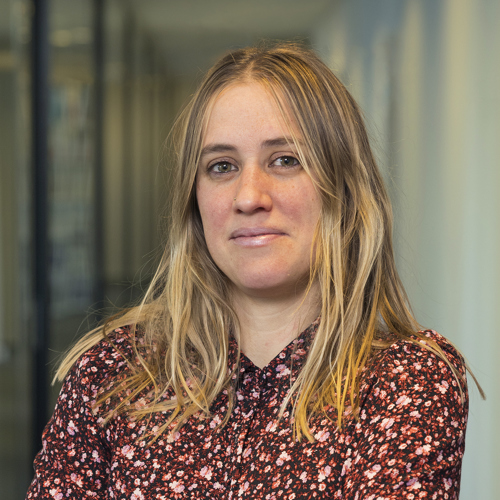- Real Estate, Renting and Co-ownership , Construction Law
- housing quality standards , obligations regarding the safety, health and equipment of housing , obligasafety, health and equipment , building safety , Electricity installation , Gas installation , humidity , pests , lighting , ventilation , sewerage , rental properties , Equipment of the housing , Minimum surface area and height , prevent their premises from being declared uninhabitable
The Government of the Brussels-Capital Region recently published a decree - which will come into force on 1 January 2026 - defining basic obligations regarding the safety, health and equipment of housing.
In this article, we will treat the main aspects of this decree and why it is of great importance for landlords.

1. An overview of the key aspects of the decree
1.1 Building safety
The decree sets minimum standards regarding the structural condition (formerly described as ‘stability’) of the building, including foundations, masonry, load-bearing structures, roofs, floors, stairs, fireplaces and more.
From 1 January 2026, the safety assessment will be expanded to include more aspects than just stability. In addition to building stability, other aspects that may affect occupant safety will now be considered, such as upholstery, integrated furniture, and woodwork, in addition to facades, roofs, floors, etc.
In addition, the decree introduces new regulations regarding elevated structures. From the said date, stairs, landings, balconies, window openings, and other elevated structures must have a ‘stable and solid parapet’ of at least 1 meter high, when the height difference of these structures exceeds 1 meter. These measures are intended to ensure the safety of occupants and minimize the risk of accidents.
1.2 Electricity and Gas installations
Landlords must ensure that electrical and gas distribution installations are safe and do not pose any risk to occupants. If necessary, a certificate of conformity must be obtained from a recognized body to ensure the safety of these installations.
In addition, there are numerous new obligations related to gas installations, namely:
- Type 1 gas boilers will be prohibited, while Type B gas appliances may no longer be installed in bedrooms;
- In other rooms of the house, the use of type B will continue to be allowed, provided that the air supply and exhaust of combustion products comply with current standards;
- Appliances no longer in use should be removed and replaced;
- Moreover, advance equipment for heating and hot water is no longer sufficient; the dwelling must be equipped with both heating and a boiler.
Even the simple provision of a gas connection or socket by the landlord so that the tenant can connect its own heating to it is no longer sufficient.
Landlords must therefore ensure regular maintenance and inspection of heating and boiler systems to ensure that they continue to operate safely and efficiently. This maintenance can reduce the risk of breakdowns and extend the life of the installations. It is also important to inform tenants of any maintenance requirements.
1.3 Health aspects
The decree introduces stricter rules regarding humidity, pests, lighting, ventilation, and sewerage in rental properties. It is essential that landlords ensure that the property is free of damp problems and parasites and has adequate natural lighting and ventilation, as well as a functioning sewage system. In addition, temporary moisture problems are now also assessed and the inspector is given more extensive powers to decide on non-conformity.
Regarding natural light, the decree tightens the rules for natural light in sous-terrains. Thus, in this case, even a kitchen must have light through a window area of at least 1/10th of the floor area of the room.
Finally, the regulations regarding ventilation are clarified: the exhaust pipe for polluted air must be lockable only if it leads directly to the outside. Ventilation pipes going outside must be protected from pests and bad weather.
1.4 Equipment of the housing
The decree also lays down obligations regarding the equipment of the housing, including facilities for cold and hot water, plumbing, electricity, heating, cooking equipment, doorbells, and letterboxes.
For example, the decree extends the mandatory number of taps and requires at least two taps to provide hot water: the kitchen sink and the bathtub or shower. All dwellings must be compulsorily equipped with a bath or shower (not only those of 28m² or more).
1.5 Minimum surface area and height
The decree sets new minimum area and height standards for habitable spaces to ensure tenants have adequate living space. The minimum net area of a housing unit with one and two occupants respectively remains the same. For three, four, and five residents, a modified minimum net area applies. From the sixth person onwards, the net area is increased by 10m² for each additional resident. For student residences, a minimum area of 12m² remains sufficient.
2. Why is this important for landlords?
The Brussels Capital Government decree imposes obligations regarding the safety, health and equipment of housing.
Landlords have every interest in complying with these requirements to prevent their premises from being declared uninhabitable.
These requirements are also relevant in the context of obtaining a permit. It is therefore necessary to ensure that the property complies with all regulations to avoid such risks.
Finally, complying with basic health and safety standards in rental properties also contributes to the well-being and safety of tenants. It ensures that tenants live in a suitable and liveable environment.
3. What should you pay attention to as a landlord?
- Regular maintenance: Ensure that your properties are regularly inspected and maintained to meet the requirements of the decree.
- Documentation: Keep all documentation related to safety inspections, maintenance records, and repairs.
- Repairs: Take any defects or problems relating to safety, health, or equipment seriously and arrange for timely repairs.
- Stay up-to-date: Stay informed of any regulatory changes and update your properties accordingly.
4. Conclusion
The Brussels Capital Government's new decree imposes important obligations on landlords regarding safety, health, and equipment of rental properties.
It is important for landlords to be fully aware of these requirements and ensure that their properties comply with all regulations to avoid legal sanctions and potential risks.
In case you have questions about this item, do not hesitate to contact our specialists: +32 (0)2 747 40 07 or info@be.Andersen.com.





